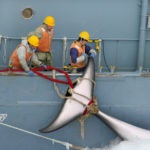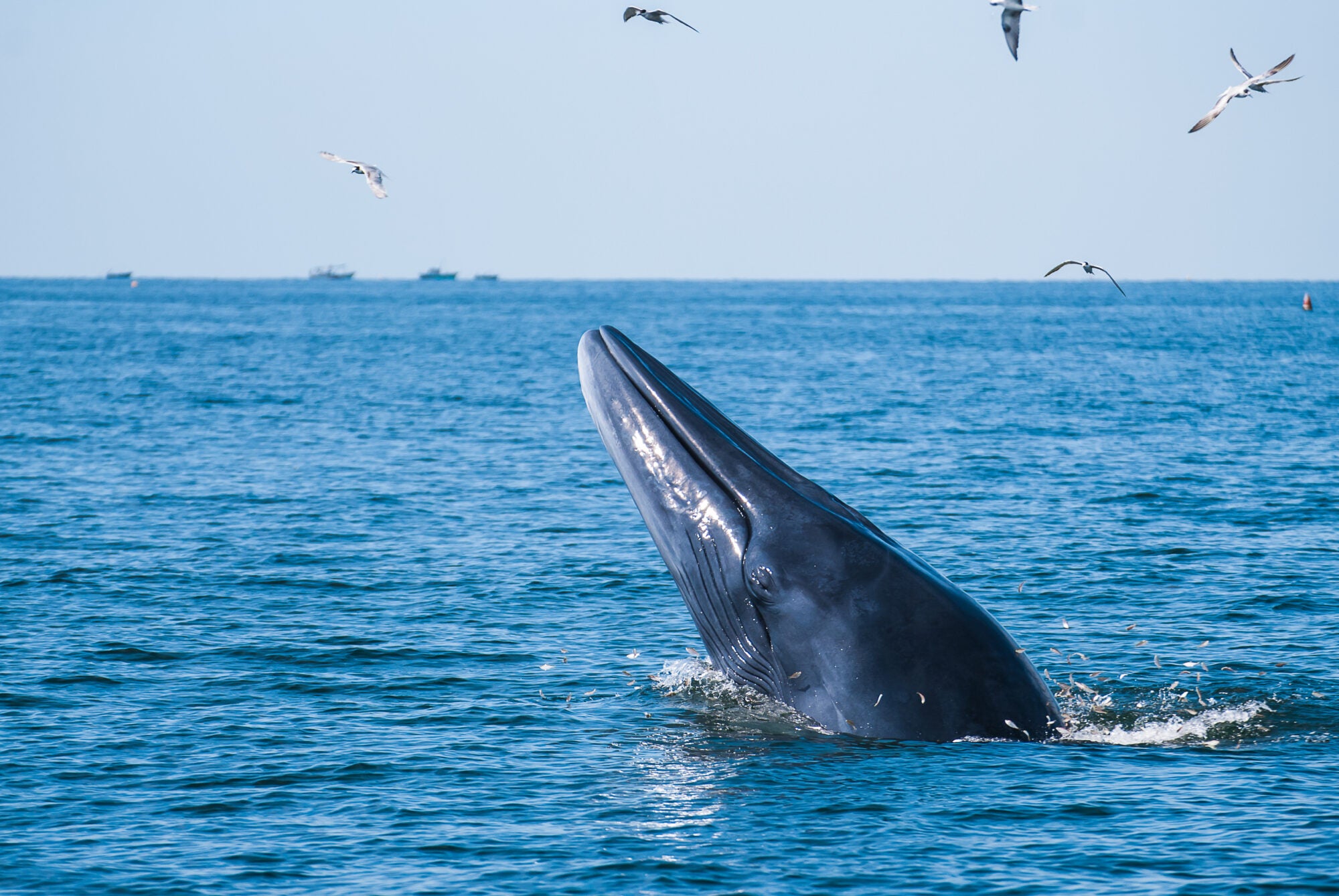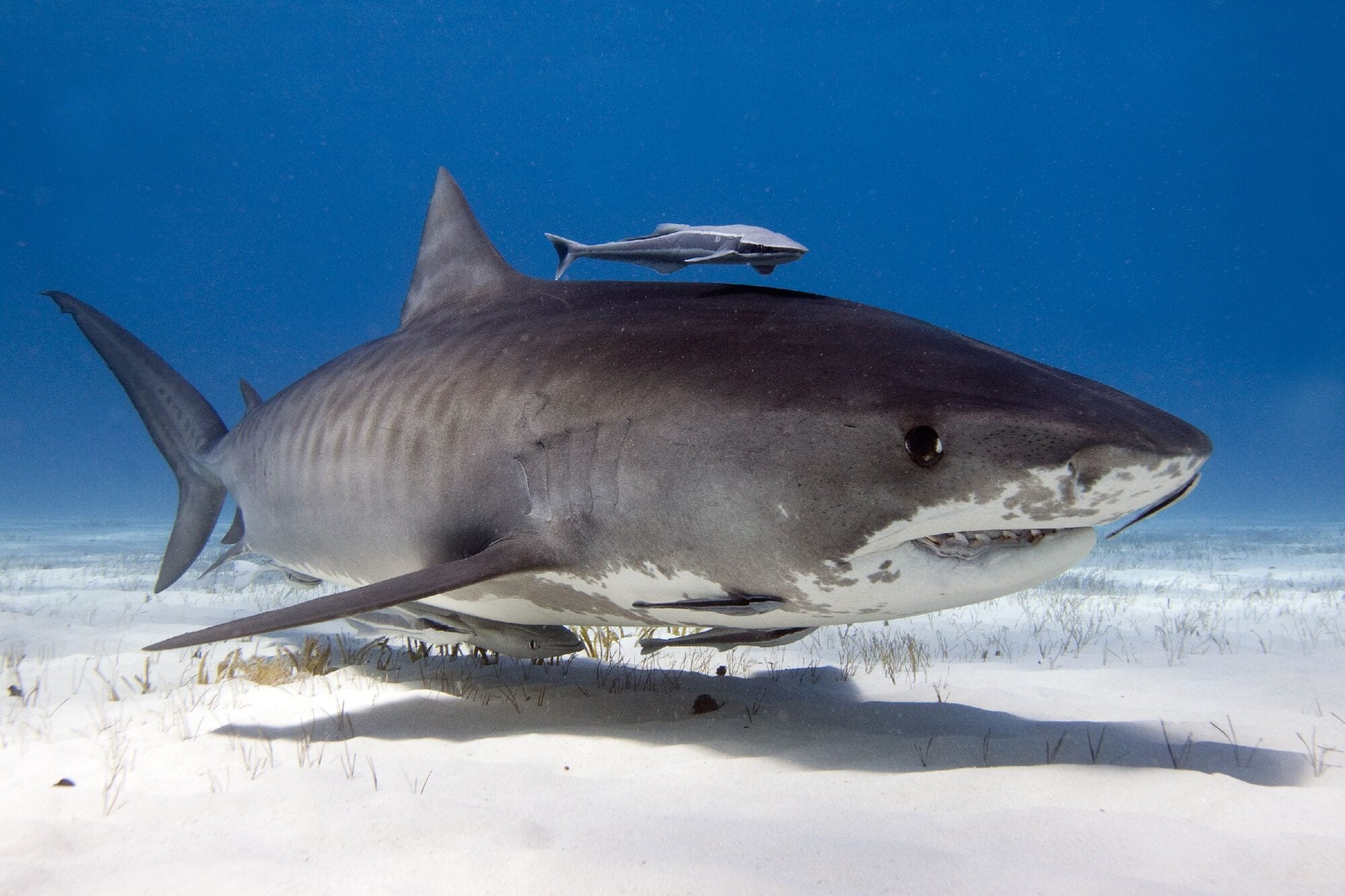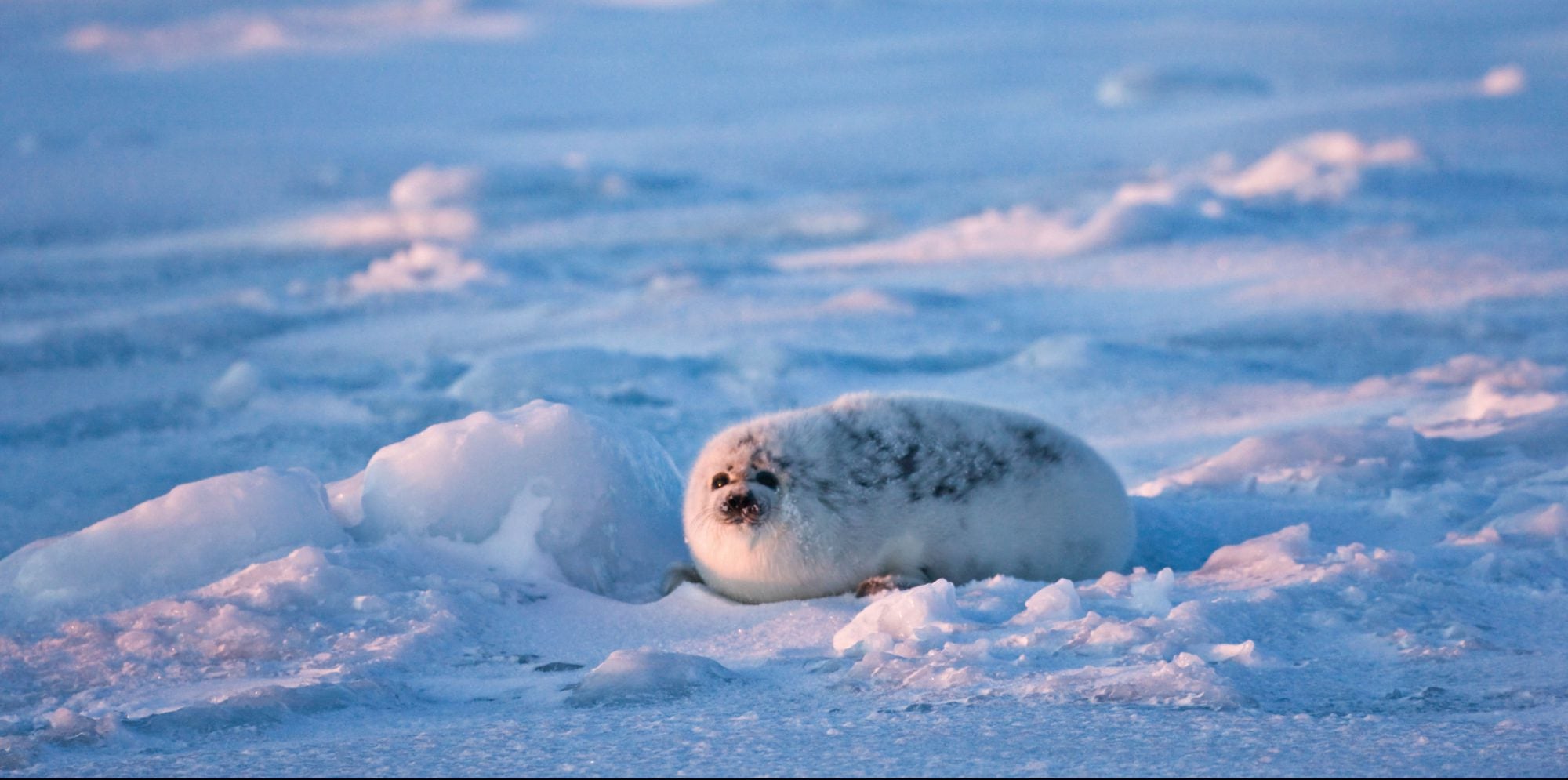
REYKJAVÍK, Iceland―Iceland’s Pirate Party―the sixth largest political party in the country with six seats in Parliament― has introduced a legislative bill aimed at banning the country’s commercial whaling. Leading animal protection charity Humane Society International―which together with the Avaaz platform is set later this month to hand in more than 2 million petition signatures to the Icelandic government in support of a ban―welcomed the bill.
Iceland’s commercial whaling activity is conducted by just one whaling company, Hvalur hf., run by owner and CEO Kristján Loftsson. Earlier this year, Food, Agriculture and Fisheries Minister Bjarkey Olsen Gunnarsdóttir renewed the company’s commercial whaling licence for one year despite clear evidence in a report by the Icelandic Food and Veterinary Authority that some whales killed in Icelandic hunts took up to two hours to die, with 41% suffering on average 11.5 minutes before dying, in contravention of the Animal Welfare Act.
Claire Bass, Humane Society International/UK’s senior director of campaigns & public affairs, said: “This bill is Iceland’s crossroads moment, where politicians can choose between continuing the brutal and bloody slaughter of these ocean giants to satisfy the demand of just one single whaler in Iceland, or protecting whales from needless suffering. Whales face myriad threats including ship strikes, underwater noise, climate change and entanglement in fishing gear. Killing whales threatens Iceland’s global reputation and is contrary to national animal welfare laws. It’s time for the law in Iceland to reflect science and ethics by banning commercial whale killing once and for all and so we urge Iceland’s legislators to vote in support of this legislation.”
The bill proposes to make whaling illegal by repealing the Act on whaling, no. 26/1949 , and by including whales in the law on the protection, preservation and hunting of wild birds and wild mammals, no. 64/1994 . The bill text makes the case that “Whaling is not Icelandic cultural heritage; Whaling and animal welfare cannot go together; Whales are important in the marine ecosystem; Most of the public is against whaling; The economy and business relationships are at stake; Iceland should be a leading model when it comes to the protection of marine areas and animal species in the sea.”
Fast facts:
- The International Whaling Commission agreed to enact a global moratorium on all commercial whaling in 1986.
- Iceland left the IWC in 1992 but returned in 2002 with an exception to the moratorium, despite objections from multiple nations. Since re-joining the IWC, Iceland has killed more than 1,500 whales, including fin whales.
- Iceland suspended hunting fin whales in 2016 due to a declining market for whale meat in Japan. Hunting resumed for the 2018 season when 146 fin whales were killed, including a pregnant female and a rare fin-blue hybrid whale, plus six minke whales. Icelandic whalers killed a single minke whale between 2019 and 2021, 148 fin whales in 2022, 24 in 2023 and no whales (so far) in 2024.
- Whales support climate goals by capturing large amounts of carbon and cycling nutrients through the ecosystem. A single whale stores an average of 33 tons of carbon dioxide in their body over a lifetime, which then falls to the seafloor when the whale dies and cycles through the deep-sea ecosystem rather than re-entering the atmosphere. Whales also cycle nutrients between habitats, supporting phytoplankton and increasing carbon capture from photosynthesis. Fin whales are classified by the International Union for the Conservation of Nature Red List as globally vulnerable, which means they are considered to be facing a high risk of extinction in the wild, despite decades of recovery since the commercial whaling moratorium.
ENDS
Media contact: Wendy Higgins, director of international media: whiggins@hsi.org





